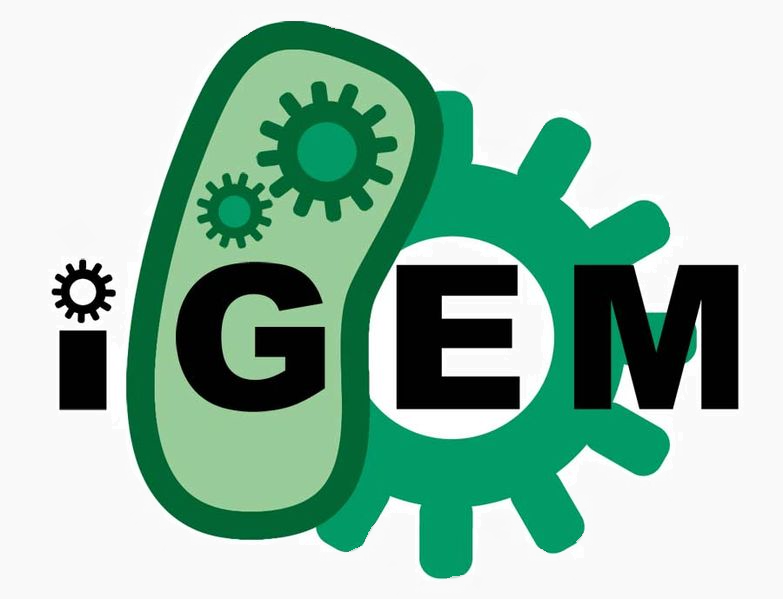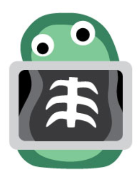Team:BYU Provo
From 2011.igem.org
Cheddar3210 (Talk | contribs) (→About Us) |
|||
| (4 intermediate revisions not shown) | |||
| Line 11: | Line 11: | ||
In keeping with BYU's tradition of excellence, our team will represent BYU and all it stands for at the iGEM competition in Indiana, then Boston this year. This will be the first year that a team from BYU will be competing and we plan to demonstrate what Cougars are capable of. | In keeping with BYU's tradition of excellence, our team will represent BYU and all it stands for at the iGEM competition in Indiana, then Boston this year. This will be the first year that a team from BYU will be competing and we plan to demonstrate what Cougars are capable of. | ||
| - | <br/><br/><br/> | + | <br/><br/><br/><br/><br/> |
==Project Description== | ==Project Description== | ||
The International Genetically Engineered Machine competition (iGEM) is the world's premier synthetic biology competition. Last year 130+ teams from all continents participated. As BYU's first iGEM team, we propose constructing a molecular AND gate in E. coli. An AND gate requires two positive inputs to generate a positive output. To detect our chosen inputs we are investigating the OxyR promoter and a thermo-sensitive riboswitch. The OxyR protein activates transcription in the presence of hydrogen peroxide, a reactive oxygen species (ROS). The riboswitch allows translation only above a specific temperature. Both inputs activate a Cre/Lox system to remove a terminator sequence and allow transcription of a molecular signal. We intend to express this system in E. coli where, in the presence of both inputs, the cells will produce green fluorescent protein. A similar system, in theory, could be used for early detection of colorectal cancer. | The International Genetically Engineered Machine competition (iGEM) is the world's premier synthetic biology competition. Last year 130+ teams from all continents participated. As BYU's first iGEM team, we propose constructing a molecular AND gate in E. coli. An AND gate requires two positive inputs to generate a positive output. To detect our chosen inputs we are investigating the OxyR promoter and a thermo-sensitive riboswitch. The OxyR protein activates transcription in the presence of hydrogen peroxide, a reactive oxygen species (ROS). The riboswitch allows translation only above a specific temperature. Both inputs activate a Cre/Lox system to remove a terminator sequence and allow transcription of a molecular signal. We intend to express this system in E. coli where, in the presence of both inputs, the cells will produce green fluorescent protein. A similar system, in theory, could be used for early detection of colorectal cancer. | ||
| - | |||
| - | |||
| - | |||
==Project Video== | ==Project Video== | ||
<html><iframe width="560" height="345" src="http://www.youtube.com/embed/hkYrQJqXPEc" frameborder="0" allowfullscreen></iframe></html> | <html><iframe width="560" height="345" src="http://www.youtube.com/embed/hkYrQJqXPEc" frameborder="0" allowfullscreen></iframe></html> | ||
| + | |||
| + | |||
| + | |||
| + | To learn more about the iGEM competition, visit this link: [https://igem.org/Main_Page iGEM Website] [[File:IGemGray.png|150px]] | ||
</div> | </div> | ||
Latest revision as of 18:23, 17 January 2012

About Us
In keeping with BYU's tradition of excellence, our team will represent BYU and all it stands for at the iGEM competition in Indiana, then Boston this year. This will be the first year that a team from BYU will be competing and we plan to demonstrate what Cougars are capable of.
Project Description
The International Genetically Engineered Machine competition (iGEM) is the world's premier synthetic biology competition. Last year 130+ teams from all continents participated. As BYU's first iGEM team, we propose constructing a molecular AND gate in E. coli. An AND gate requires two positive inputs to generate a positive output. To detect our chosen inputs we are investigating the OxyR promoter and a thermo-sensitive riboswitch. The OxyR protein activates transcription in the presence of hydrogen peroxide, a reactive oxygen species (ROS). The riboswitch allows translation only above a specific temperature. Both inputs activate a Cre/Lox system to remove a terminator sequence and allow transcription of a molecular signal. We intend to express this system in E. coli where, in the presence of both inputs, the cells will produce green fluorescent protein. A similar system, in theory, could be used for early detection of colorectal cancer.
Project Video
To learn more about the iGEM competition, visit this link: iGEM Website 
 "
"

